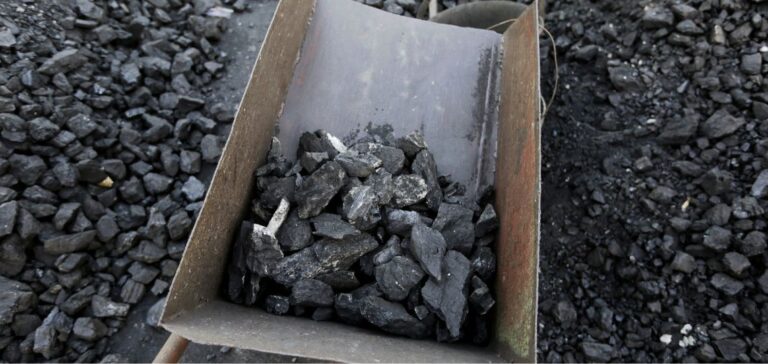At least 16 people have been killed in a generations-old land dispute between tribes in northwestern Pakistan centered on the sharing of coal deposits, local police said Tuesday.
Members of the Akhorwal tribe opened fire on Monday on individuals from the Suni Khel tribe who were demarcating the boundaries of their territory in the mountainous area of Darra Adam Khel, about 60 km from the border with Afghanistan. “The tribesmen had powerful weapons and within minutes the clash caused a large number of casualties,” a senior local police official, Farhan Khan, told AFP.
Several “jirgas”, or traditional assemblies to settle tribal disputes, had been convened in the past to resolve this dispute but without finding a solution, he said. “The clash left 12 Suni Khel tribesmen and four Akhorwals dead and four others injured,” local police spokesman Fazal Naeem told AFP. Calm was then restored with the convening of a jirga, according to the police.
Inter-family disputes are common in Pakistan, but in the northwestern mountains, where communities follow a strict tribal code of honor, they can become particularly violent and long-lasting. Darra Adam Khel, in Khyber Pakhtunkhwa province, is home to the largest coal reserves in the region, and tribal disputes over the distribution of these deposits are frequent.
Despite safety concerns and lack of compliance with regulations, mining is a vital source of employment and income for local communities. Darra Adam Khel is part of the former Federally Administered Tribal Areas (Fata), a semi-autonomous region in northwestern Pakistan that merged with Khyber Pakhtunkhwa province in 2018.






















